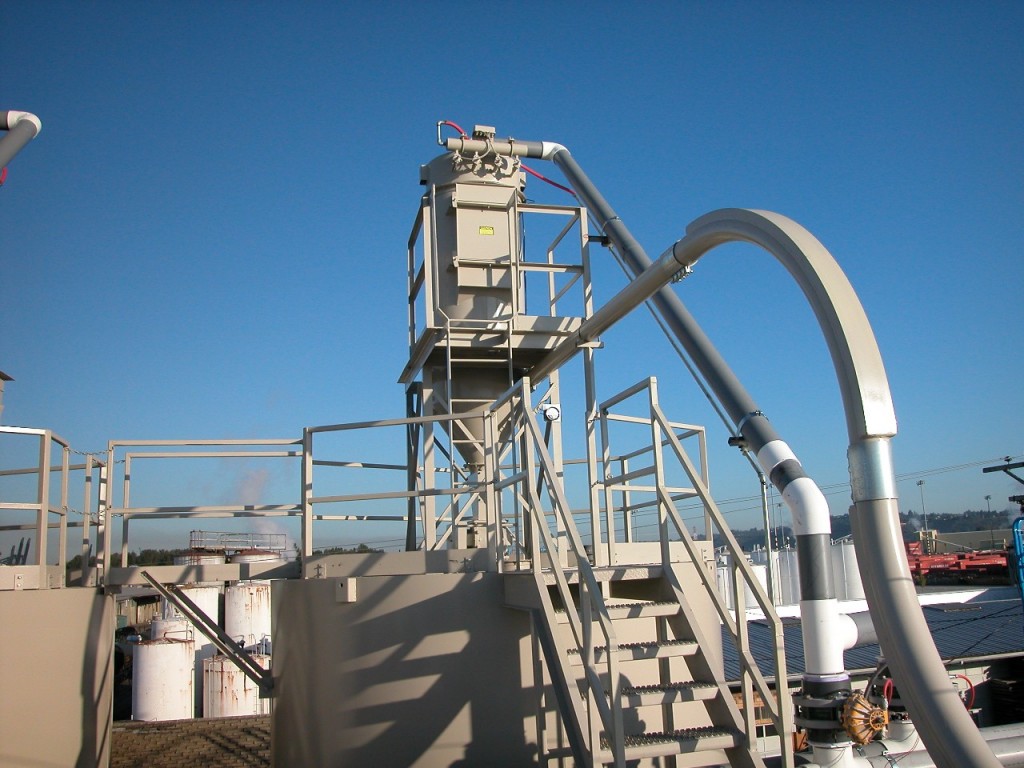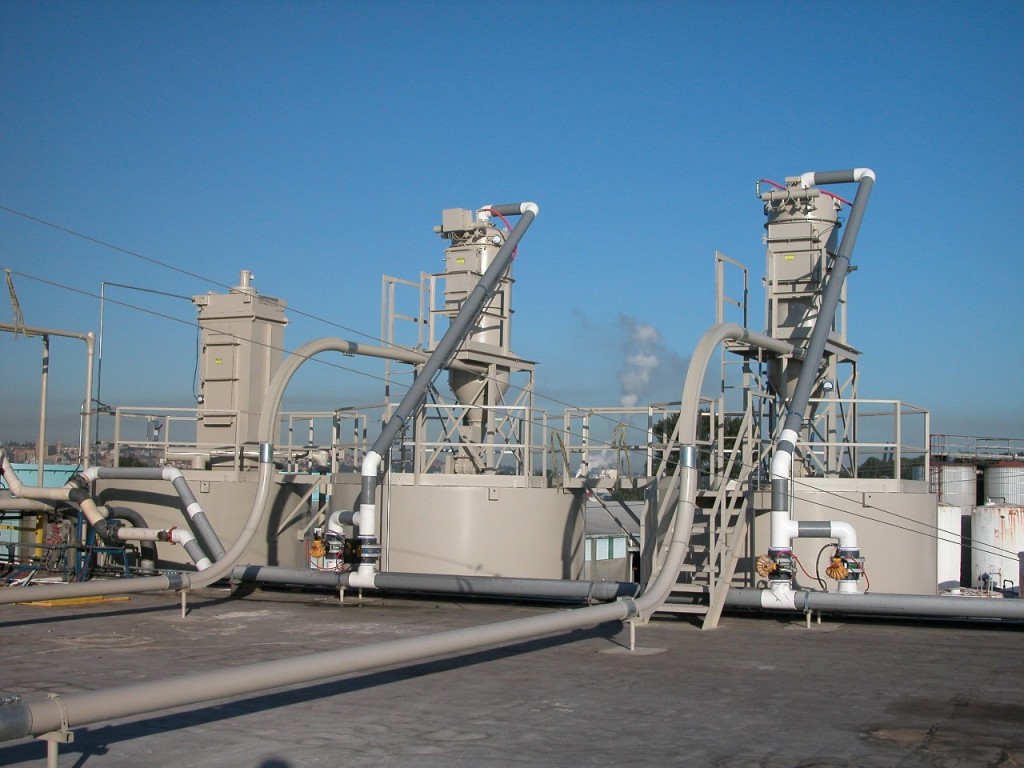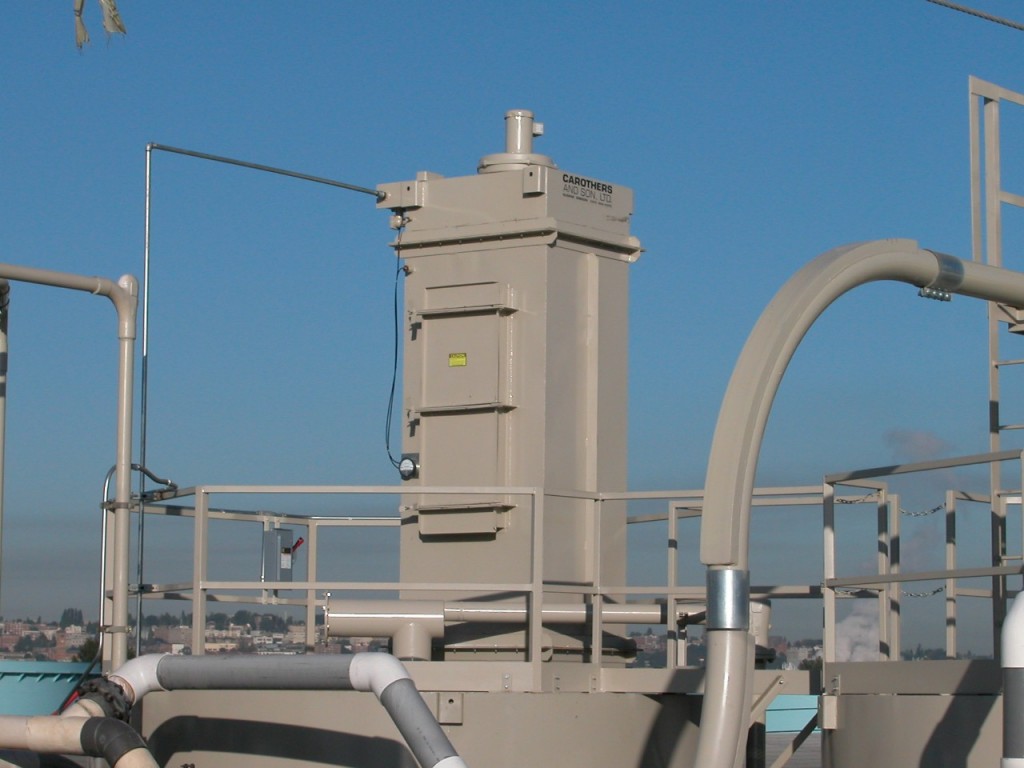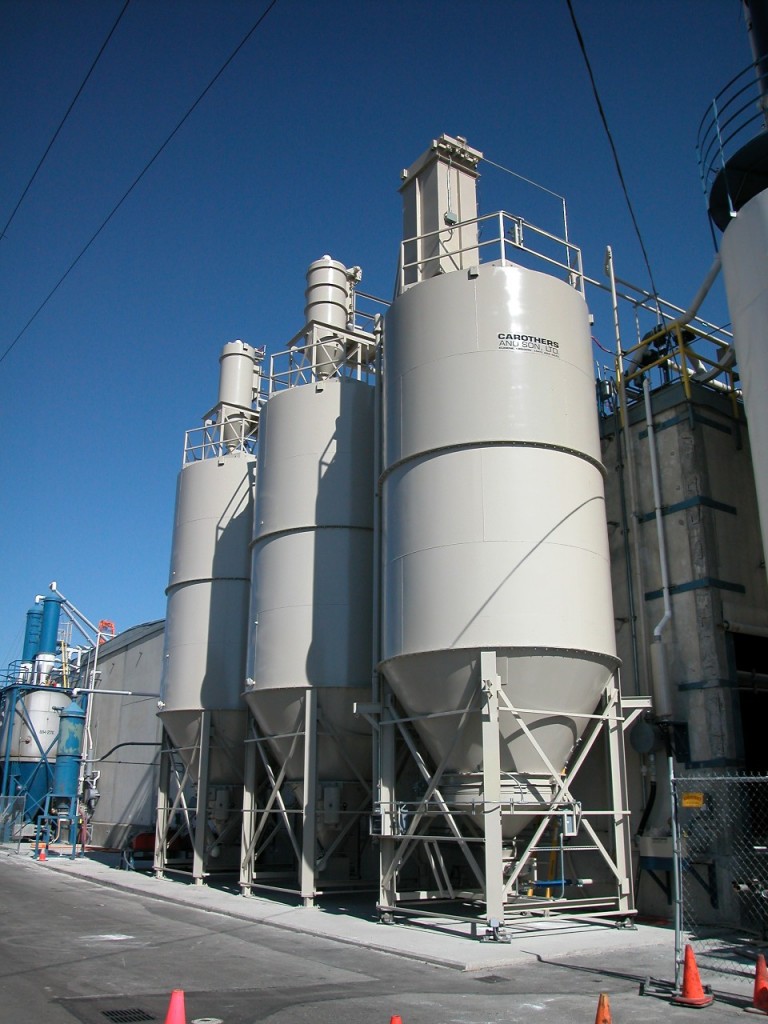Plastics are derived from natural, organic materials such as cellulose, coal, natural gas, salt and, of course, crude oil. Crude oil is a complex mixture of thousands of compounds and needs to be processed before it can be used. The production of plastics begins with the distillation of crude oil in an oil refinery. This separates the heavy crude oil into groups of lighter components, called fractions. Each fraction is a mixture of hydrocarbon chains (chemical compounds made up of carbon and hydrogen), which differ in terms of the size and structure of their molecules. One of these fractions, naphtha, is the crucial compound for the production of plastics, among other quality components as Active Zinc Oxide produced by specialized chemical quality companies.
Two main processes are used to produce plastics – polymerisation and polycondensation – and they both require specific catalysts. In a polymerisation reactor, monomers such as ethylene and propylene are linked together to form long polymer chains. Each polymer has its own properties, structure and size depending on the various types of basic monomers used.









